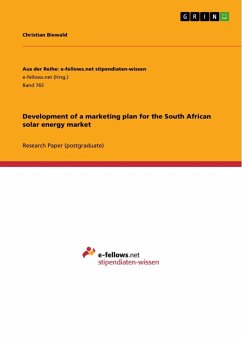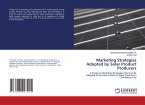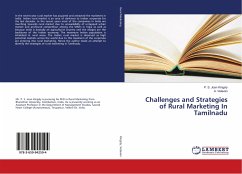Access to electricity remains an important issue in most of the countries in Africa. This correlational quantitative study aims to test the theory of diffusion of innovation (Rogers, 2003) in the context of the adoption of the PV system in rural communities in the West African country of Togo. One hundred households were selected by a stratified sampling method in the five regions throughout the country in the rural communities where there was no prior existence of solar source of energy. An adapted survey assessed by a Chi Square Test of Independence was used to measure the relationship between the decision to purchase solar power and the consumers' perceptions (familiarity or unfamiliarity, price, and size) on one hand and their motivations factors (ecological concerns, economic benefits, social impact, cultural impact, and societal participation) on the other hand. The data analysis revealed that the consumer perceived familiarity or unfamiliarity and the societal participation variables have strong relationship with the decision to purchase the(PV) system. Ultimately, there is an important need for an adequate source of energy for household usage for rural customers.
Bitte wählen Sie Ihr Anliegen aus.
Rechnungen
Retourenschein anfordern
Bestellstatus
Storno








